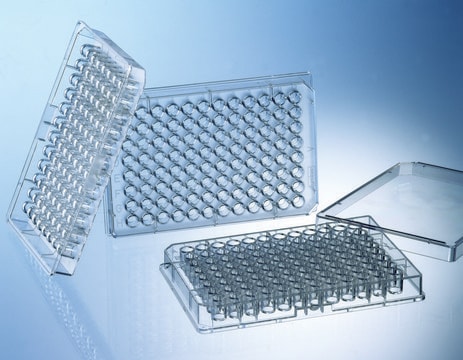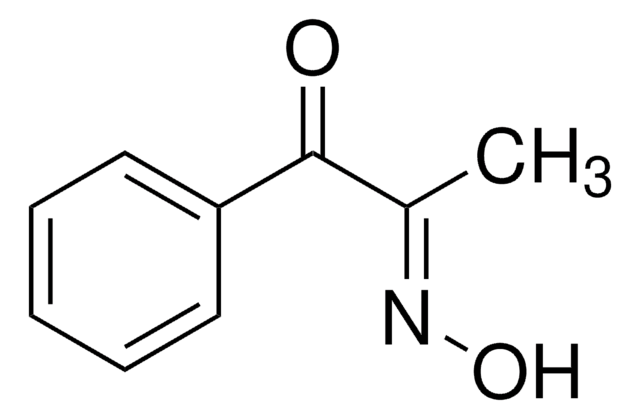MAK006
Urea Assay Kit
sufficient for 100 colorimetric tests
About This Item
Recommended Products
usage
sufficient for 100 colorimetric tests
detection method
colorimetric
storage temp.
−20°C
General description
Application
Features and Benefits
Suitability
Principle
replaced by
Signal Word
Danger
Hazard Statements
Precautionary Statements
Hazard Classifications
Eye Irrit. 2 - Resp. Sens. 1 - Skin Irrit. 2 - Skin Sens. 1 - STOT SE 3
Target Organs
Respiratory system
Storage Class Code
10 - Combustible liquids
Flash Point(F)
188.6 °F - closed cup
Flash Point(C)
87 °C - closed cup
Certificates of Analysis (COA)
Search for Certificates of Analysis (COA) by entering the products Lot/Batch Number. Lot and Batch Numbers can be found on a product’s label following the words ‘Lot’ or ‘Batch’.
Already Own This Product?
Find documentation for the products that you have recently purchased in the Document Library.
Customers Also Viewed
Protocols
Assay protocol for the colorimetric detection of Hydroxyproline in biological samples using the Hydroxypoline assay kit.
Assay protocol for the colorimetric detection of Hydroxyproline in biological samples using the Hydroxypoline assay kit.
Assay protocol for the colorimetric detection of Hydroxyproline in biological samples using the Hydroxypoline assay kit.
Assay protocol for the colorimetric detection of Hydroxyproline in biological samples using the Hydroxypoline assay kit.
Our team of scientists has experience in all areas of research including Life Science, Material Science, Chemical Synthesis, Chromatography, Analytical and many others.
Contact Technical Service




